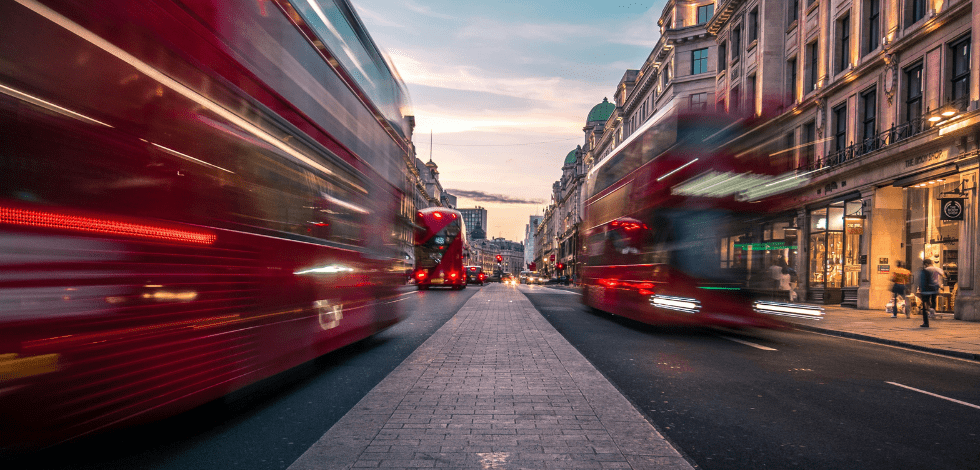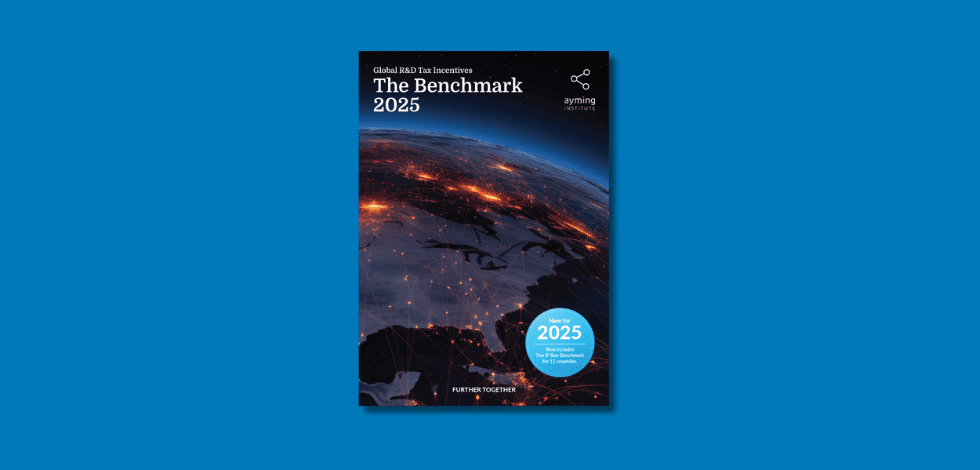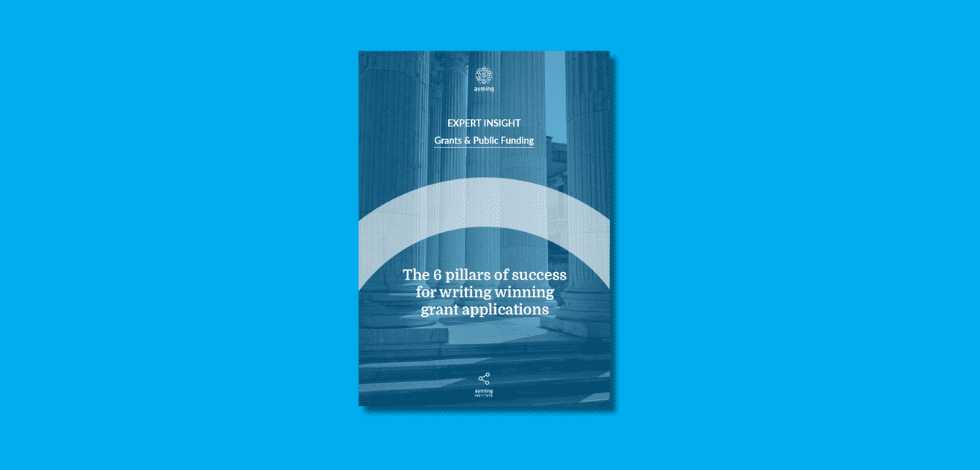It’s common knowledge that UK companies can reclaim the VAT they pay on the goods and services they purchase for business use. But what happens when it comes to travelling, particularly in other European countries? Can they recover the VAT that’s incurred whilst travelling?
Yes, they can however, not all of them get it right. VAT Team Leader, Jerome Bonneville, shares his best practice advice and reveals some of the most common mistakes employees tend to make when recovering foreign VAT on their travel costs and expenses.
MISTAKE 1: Submitting incorrect invoices
In some countries, travel and expense-related invoices need to include the company’s details (i.e. the name, address and, in many cases, the VAT registration number) in order for VAT to be reclaimed.
However, in our experience, we’ve found that in most cases, invoices are addressed to employees and only a small amount of them actually contain the correct company details. This usually happens because of the way the booking’s been made, typically when employees have organised the travel arrangements themselves.
When issuing invoices, hotels tend to use the details that they’ve been provided with at the time of the booking, which is often employees’ personal information and not their business details.
As simple as this error might be, it can actually jeopardise the possibility of recovering VAT and potentially lead to additional costs. For instance, Germany does allow incorrect invoices to be amended and reissued however, companies do have to pay for the revisions, as the original document has to be posted out to them to be amended.
One of our clients, who frequently travelled to Germany and Spain, were prevented from recovering the VAT on their hotel costs, as their invoices only contained employee names and addresses. While they were able to have the German invoices corrected (at an additional cost), the VAT incurred on their invoices from Spain was lost.
Top tip – make sure your invoices are accurate and contain all of the required company details, not your personal details.
MISTAKE 2: Providing the wrong type of invoices
There are two different types of invoices that are often put through expenses but aren’t actually acceptable when it comes to reclaiming foreign VAT. They are:
1. Information
This type of invoice is usually given to guests who use the fast check out option. They receive the invoice via email or when the stay has been pre-paid and no further payment is required. Unfortunately, these invoices aren’t accepted, as they’re not classed as a final invoice, they’re more or less the same as pro forma invoices.
2. Copy of Invoice
These invoices are final invoices, but aren’t acceptable for VAT recovery, as they aren’t the original document.
Guests will often receive a ‘copy of invoice’ when they ask for their invoice to be addressed to the company and a first invoice has already been printed out. In such cases, and in order for the copy of invoice to be reclaimable, it needs to be certified as being a true and certified copy of the original invoice. It also needs to be dated, signed and stamped by the hotel receptionist.
Top tip – get a copy of your final invoice that contains the correct company details immediately after your stay and you’ll have the evidence you need to be able to recover the VAT (subject to the local VAT legislation).
MISTAKE 3: Only focusing on electronic documents (and providing poor quality details)
As more and more companies move towards capturing their expenses electronically, we’ve found that many are overlooking their VAT requirements.
Manually-managed expense processes are still required for companies that are based outside the European Union, who want to recover VAT in a European country, as the original documents have to be provided at the time of submission.
It’s also worth noting that if you’ve made Mistake 1, and your expenses were incurred in Germany and you therefore need your documents updating so that they contain your company details, then you’ll be expected to provide the original paperwork, not an electronic version of it.
Also, when submitting digital documents, it’s not uncommon for employees to only share the last page of their hotel invoice that contains the final amount, not the other pages that contain the full details of the expenses. Unfortunately, without the full document, VAT cannot be reclaimed.
We’re also finding that employees provide pages of receipts that have been either scanned in a smaller size or aren’t readable due to the poor quality of the scan/picture that’s been taken. Again, they won’t be accepted.
Top tip – make sure your documents are submitted in full, manually (in some countries), in their entirety and, if they’ve been scanned in, make sure they’re clear, otherwise you could delay the process or be prevented from reclaiming the VAT you’re entitled to.
MISTAKE 4: Incorrectly completing documents
In addition to providing documents in their original format, companies must also provide the authorities with a certificate of status, which proves they’re still in business and have paid tax the previous year.
Requesting these documents is usually a relatively straightforward and efficient process. But we always find that it takes longer than it should, mainly because companies don’t fill in the request forms properly.
It’s important to spend time getting the form right to ensure all of the details are correct, which will improve the chances of getting the documents quickly. Rushing the process and submitting documents with even one mistake, can significantly delay the application, as well as the chances of successful VAT recovery.
Top tip – no matter how busy you are, don’t rush things when it comes to completing the relevant VAT recovery documents. If there’s something you don’t understand, don’t guess, seek expert advice.
Reclaiming foreign VAT can be a tricky process. The correct documents need to be provided for most countries and all costs and expenses need to properly evidenced.
The mistakes we’ve listed above are just some of the most common mistakes we’ve seen many of our clients make. However, over time, with the right support, training and guidance, it’s possible for companies to maximise the amount of VAT they recover for their foreign travel and associated expenses.
Every company has its own individual processes and approach to their expense policies. However, a simple review of these policies can highlight the areas where the VAT recovery process can be improved from the beginning to increase the revenue at the end.













No Comments